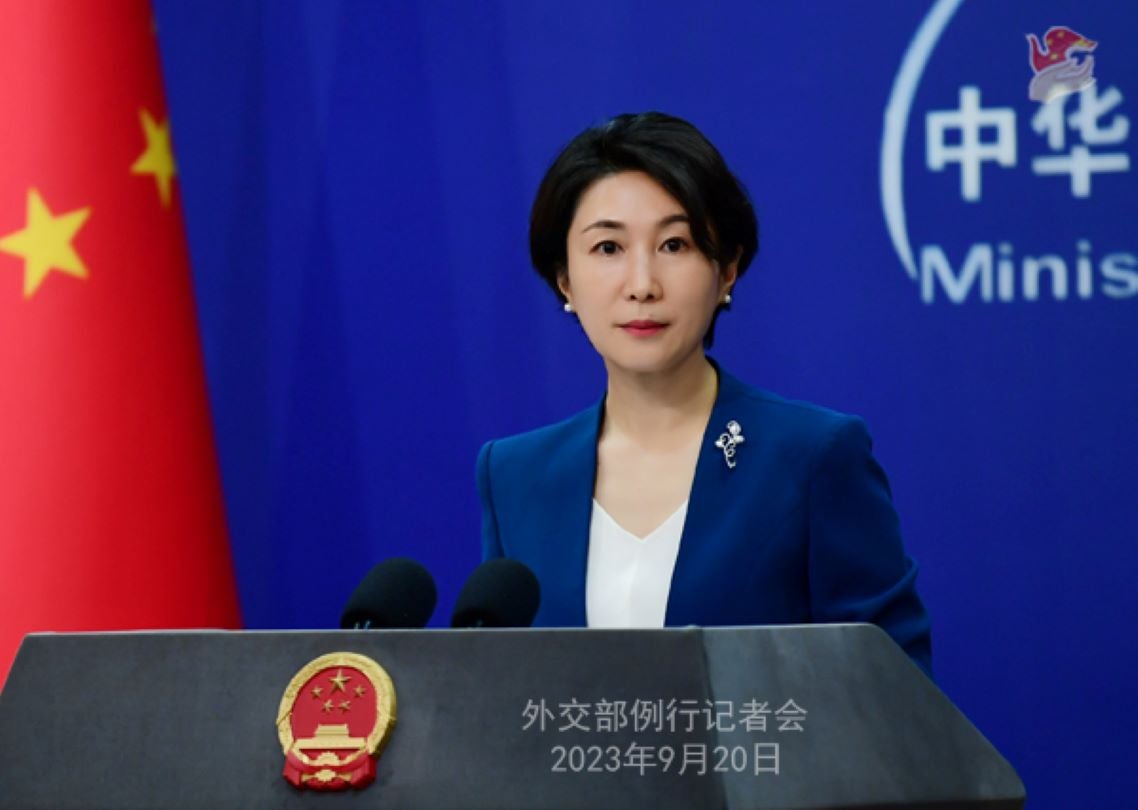
China’s Foreign Ministry spokesperson, Mao Ning, has responded to US Secretary of Commerce Gina Raimondo’s concerns over Huawei’s release of new advanced smartphone chips during a US state visit to Beijing.
According to reports by Bloomberg, Secretary Raimondo was “upset” by the timing of Huawei’s release coinciding with her visit.

Access deeper industry intelligence
Experience unmatched clarity with a single platform that combines unique data, AI, and human expertise.
When asked about Raimondo’s comment during a press conference today (20 Sept) spokesperson Mao Ning stated that it was “[Huawei’s] own decision as to when to launch a new cellphone”.
Instead of clarifying further, Ning stated that China was “opposed” to US sanctions against exported Chinese technology.
In August, the Biden administration signed off on a blanket ban which inhibits all US investment in Chinese technologies which raise national security concerns.
The White House clarified that national security concerns were the primary motive behind the curb on investment.

US Tariffs are shifting - will you react or anticipate?
Don’t let policy changes catch you off guard. Stay proactive with real-time data and expert analysis.
By GlobalDataChina already responded immediately after the ban, stating that it was deeply “dissatisfied” with the action and believed that the US was only acting “under the guise” of national security.
In her comments, Ning appears to echo these concerns.
Ning stated that the US was “[abusing]” the concept of national security in order to “hobble Chinese companies”.
“That discriminatory and unfair practice undermines the principle of free trade and international economic and trade rules, destabilises the global industrial supply chains and serves the interests of no one,” Ning said.
Looking forward, Ning stated that further US sanctions against China that are seen to be “containing and suppressing” China will not inhibit the country’s development, but rather spur on Chinese self-reliance and tech innovation.
US concern over Chinese tech has meant that Huawei was already placed on its Entity List in 2019, limiting the company’s ability to import to the US.
According to research analyst GlobalData, “weakening chip leadership and supply chain vulnerabilities” in the US are the underpinning motives behind any sanctions against China, such as the CHIPS and Science Act.
In the short term, the GlobalData predicts, Chinese AI companies such as SenseTime and Hikvision are the most vulnerable to possible tightening of US sanctions.







